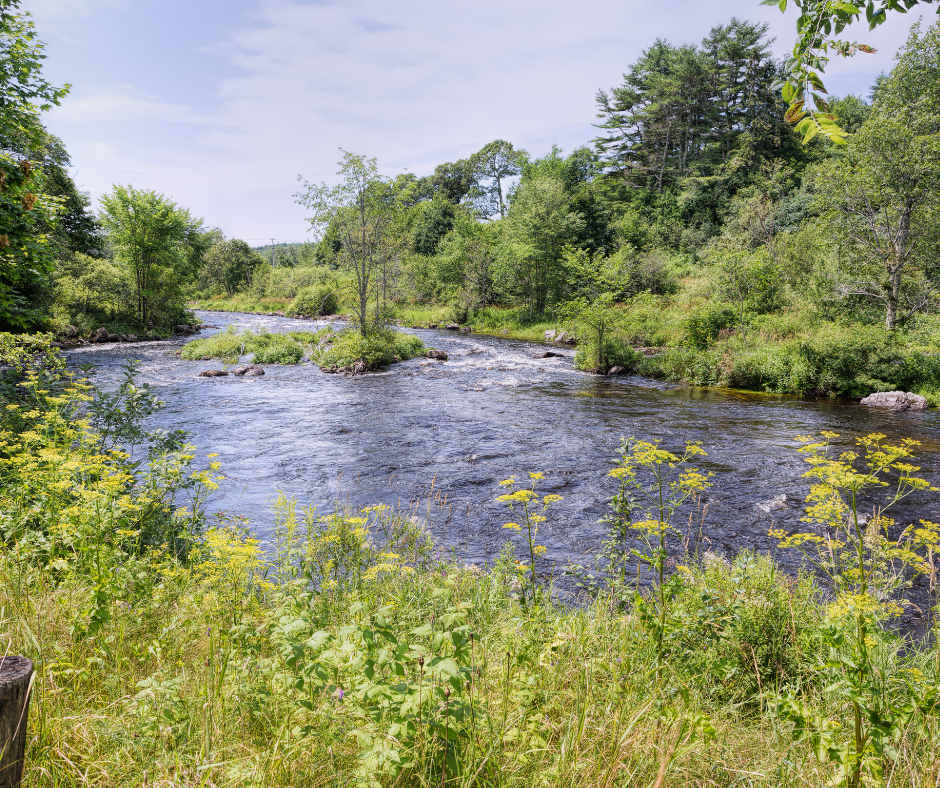
The Elk River, Lost Creek, the Mulberry Creek, Anderton Branch, Edde Bend … these are just a few of the over 31 streams than run through Moore County and all of them are important to the health and safety of our community. Each year, the Tennessee Department of Environment and Conservation (TDEC) releases it’s annual Water Quality Monitoring Report to the public. Portions of it are provided locally on the Metro Utilities Department website as the annual EPA Consumer Confidence Report (CCR), but this week, the state unveiled an Open Data Hub, an online mapping platform to provide public access to detailed information about TDEC’s ongoing work to protect and improve water quality throughout the state.
The site is designed to inform interested parties about activity managed by TDEC’s Division of Water Resources (DWR), including data on items such as permits, water wells, water quality monitoring and watershed management. The geographic information system (GIS) platform includes data sets, mapping applications and story maps. The platform will especially inform stakeholders who interact with TDEC directly.
“This is an excellent tool for our stakeholders as well as the general public,” Greg Young, deputy commissioner of TDEC, said. “We want all Tennesseans to view us as a resource for their needs, not just a regulator, and the hub gives everyone easy access to vital information. It’s a detailed look at all facets of our work in water resources and demonstrates our commitment to providing the best possible service to Tennesseans.”
The hub may be found at this link.
When viewing the resources, keep in mind that Lynchburg is included in the East Fork Mulberry Creek, which is part of the Elk River watershed.
TDEC developed the hub using software that became available in recent years. The goal is to provide an authoritative source of data allowing Tennesseans to evaluate spatial patterns and geographical relationships in the environment. The hub uses data layers and mapping applications to provide information to individuals and groups such as residential landowners, environmental consulting firms, non-government/nonprofit organizations and universities. Residential landowners are often interested in the information, especially water well data, water quality data and water permit data, for the areas where they live. The data and mapping applications are updated by TDEC on a continuing basis.
Users may view maps, for example, regarding water resources permits, with over 27,000 records, including details of a permitted site, precise location of the site, name of the permittee and the permit’s expiration date. The site also allows the viewer to make more customized maps. The applications have been developed to fit inquiries TDEC generally receives from the public.
The launch of the Open Data Hub follows Smart Parks, a similar GIS hub by TDEC, mapping detailed information about Tennessee State Parks. That hub may be found at this link. Both platforms are built with the web-based mapping software ArcGIS Online. •
{The Lynchburg Times is the only independently owned and operated newspaper in Lynchburg, Tennessee. We cover Metro Moore County government, Jack Daniel’s Distillery, Nearest Green Distillery, Tims Ford State Park, Motlow State Community College, Moore County High School, Moore County Middle School, Lynchburg Elementary, Raider Sports, plus regional and state news.}
